 Students from Oakland Park Elementary, Nova High and Fort Lauderdale High wrote winning essays that put them at the top of their categories from among 205 entries in the African-American Research Library and Cultural Center’s 2011 Black History Essay Contest.
Students from Oakland Park Elementary, Nova High and Fort Lauderdale High wrote winning essays that put them at the top of their categories from among 205 entries in the African-American Research Library and Cultural Center’s 2011 Black History Essay Contest.
The entries came from across the Broward County Schools District and were judged by center staff. A five-member panel judged the essays on merit, originality, grammar and spelling and picked one winner each in grades 4-6, 7-9 and 10-12.
Best Buy of Fort Lauderdale helped sponsor the contest and the company’s Customer Solutions Manager Shane Sandford handed out prizes.
Vincent C. Richards, a fourth-grader at Oakland Park Elementary, earned an MP3 player, Naela Curtis, a ninth grader at Nova High, received a digital camera and Kateria Davis, a 12th grader at Fort Lauderdale High won a laptop computer.
Black History Month, observed every February, this year had as its theme “African Americans and the Civil War.” The essay contest took its cue from that theme.
Choosing the topic “From Slavery to Freedom,” Vincent wrote, in part, “I can see black brothers, sisters, aunts, uncles, mothers, and fathers stripped of their names, freedom of religion, traditions, heritages, and entire identity all working in a field filled with cotton and other crops. Sweat pouring from their foreheads and a white man standing in the shade with a whip only waiting to strike as a boa constructor if one of my ancestors toppled over from fatigue. With his whip he would inflict pain and take whatever little dignity or pride left. Tears stream down as the whip slices through the skin of that poor man or woman held as a property and not a person.”
He then shifted to the Civil War and freedom for the African captives.
“President [Abraham] Lincoln made a strategic decision to give slaves freedom. Otherwise, he knew that if slavery was still practiced the country would continue to be split. This is how slavery turned to freedom. I can picture the emancipated slaves celebrating their freedom by dancing, thanking God, hugging and kissing each other with tears of joy and laughter,” Vincent wrote.
Naela wrote on the topic, "From Slavery to Freedom: How the Civil War Changed America" and compared the days of slavery, when Africans had no choice to today.
“In middle school, I used to socialize with the ‘cool’ kids. They got in trouble on a regular basis, but they were nice too… sometimes. I don’t hang out with them anymore, because I got tired of getting in trouble. The point is, I had a choice,” she wrote. “Before 1865 in America, black people had no choices.
“For the majority of black people in those times, their life was not their own. It was dictated by the words and actions of their owners. Black people were perceived as less than human, and were forced to attend to the needs of slave owners who sometimes treated them worse than animals. I envision the life of a slave to have been filled with anger, pain, frustration, and hopelessness – without choice, whether for one’s good or destruction.”
Kateria, who also wrote on “From Slavery to Freedom,” hailed the Emancipation Proclamation and the end of the Civil War.
“With this extraordinary change, blacks were able to acquire segregated education, homes, work, and the opportunity to live as human beings, and not beaten and bludgeoned as if they were insubstantial. Families were complemented to be one, and children secured their youth.
As time passed, blacks gained a voice and a vote which bellowed through America bestowing them their rights,” producing black leaders such as Martin Luther King Jr., Rosa Parks and President Barack Obama.

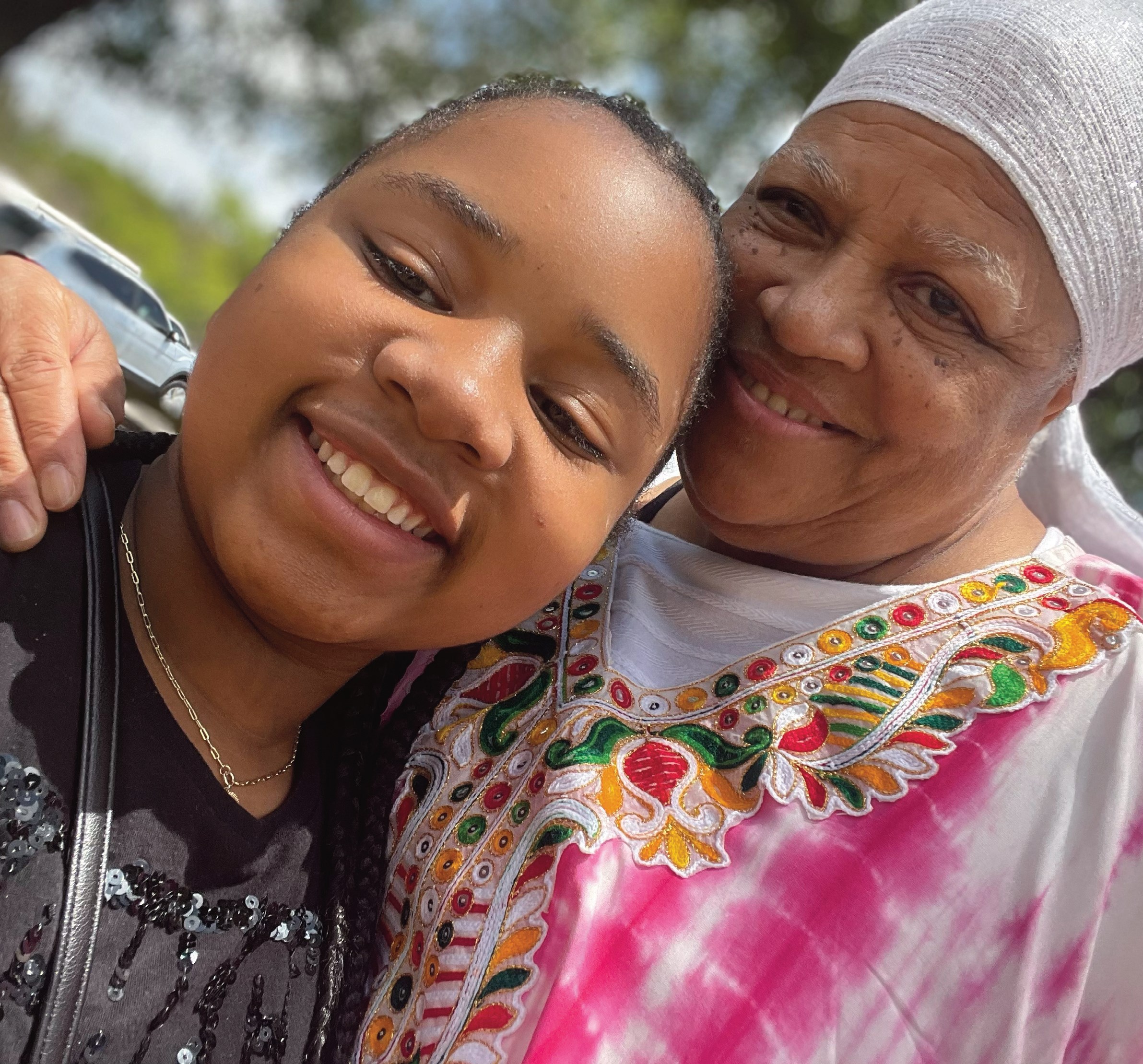

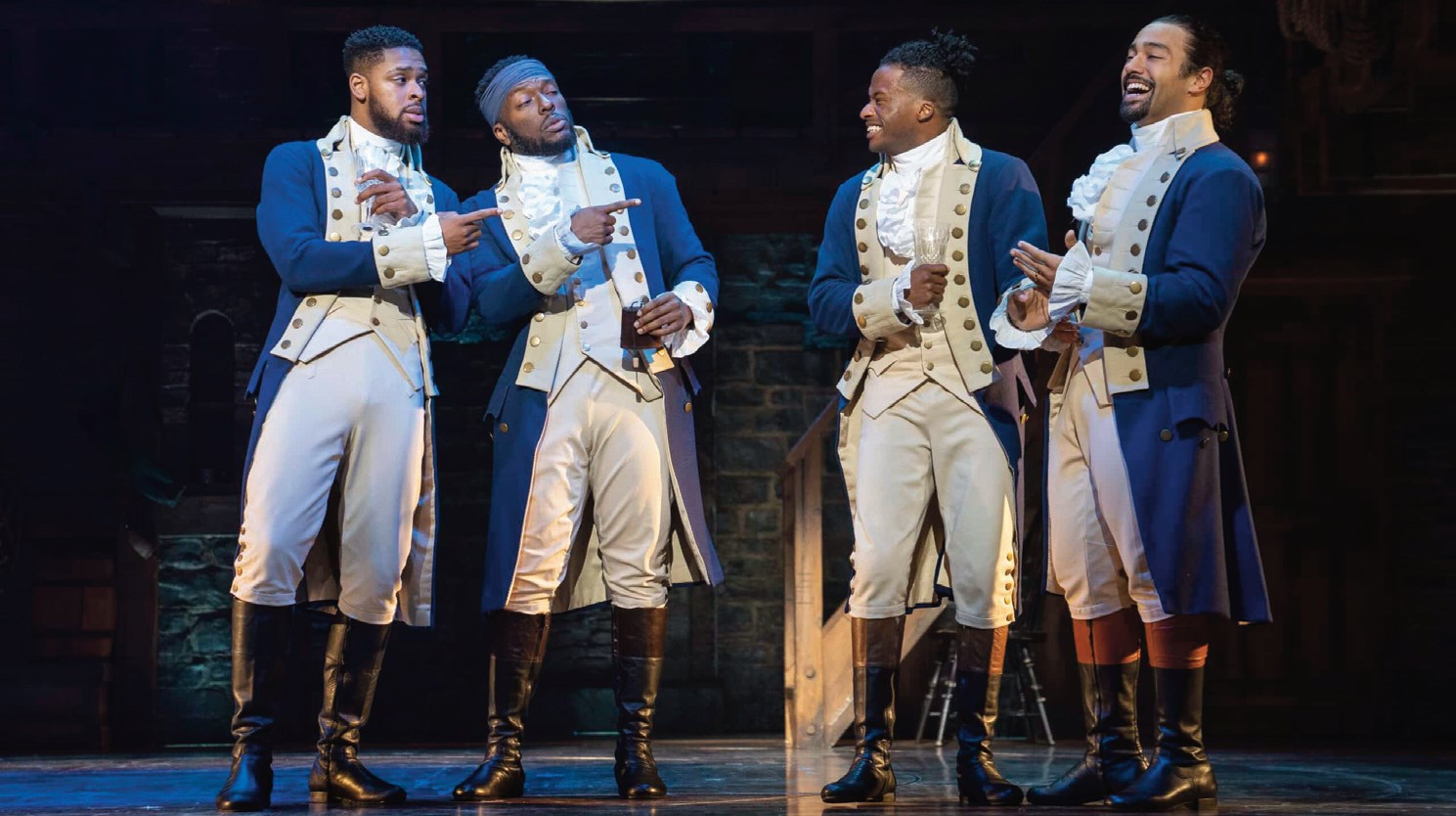
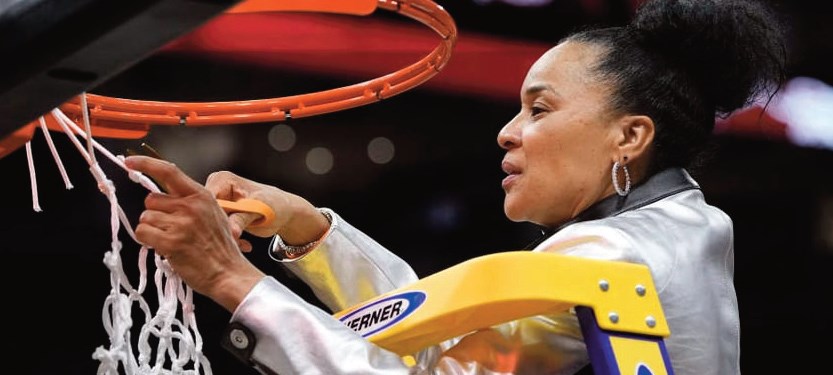
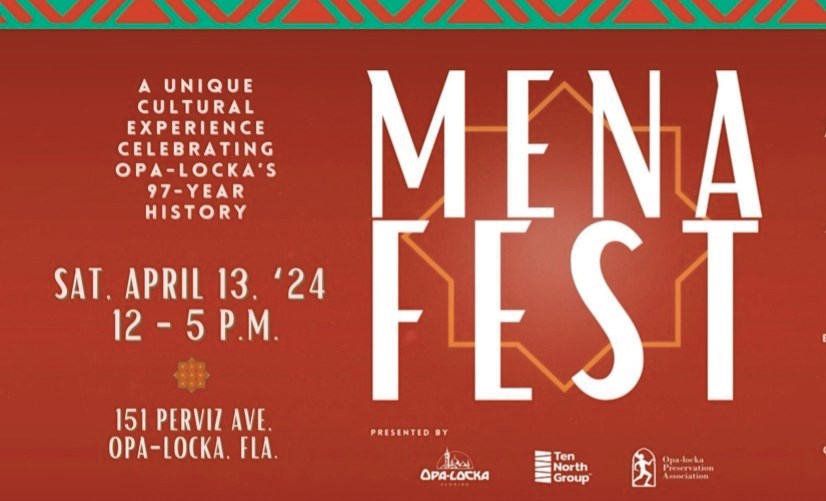
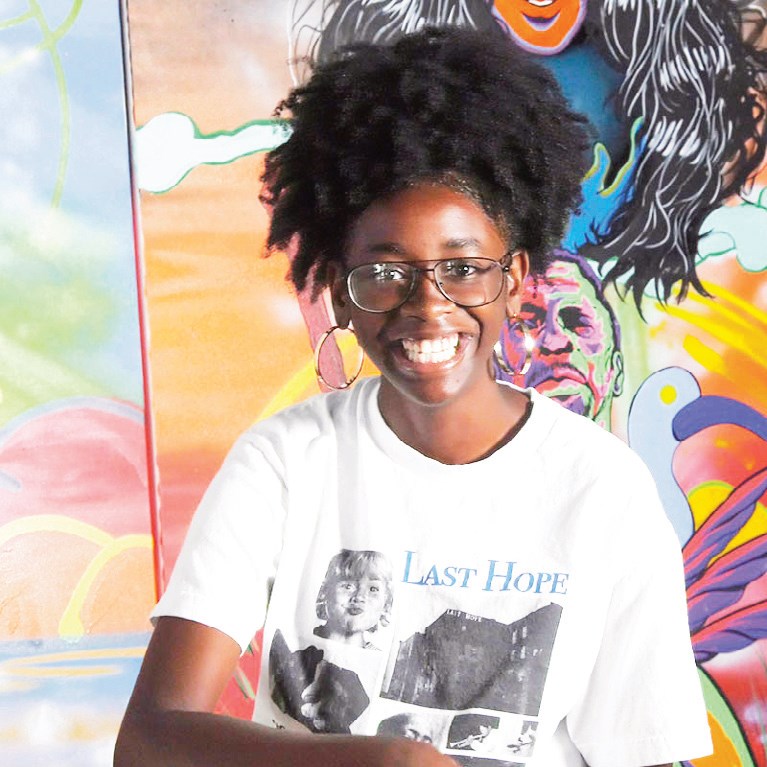
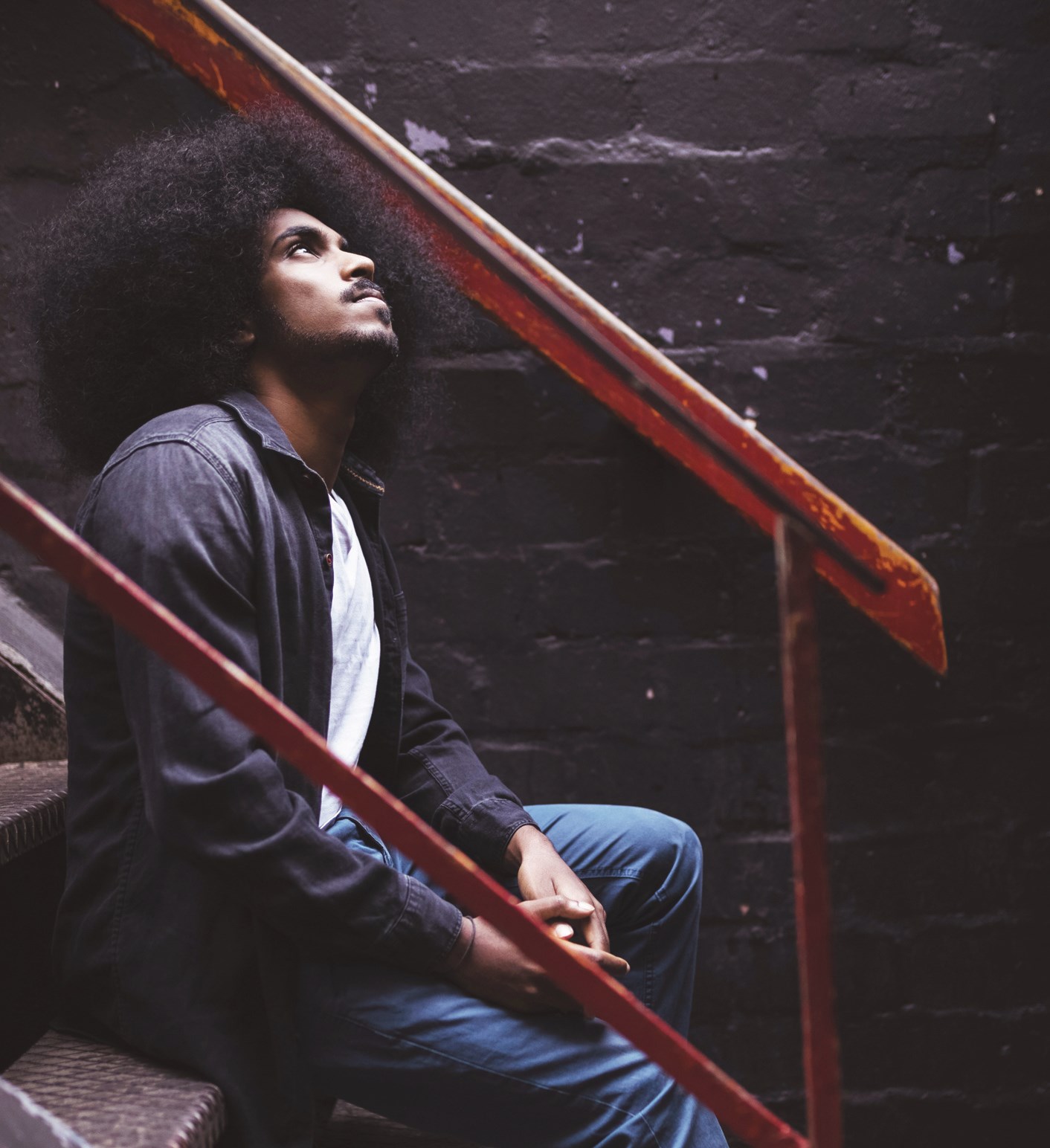
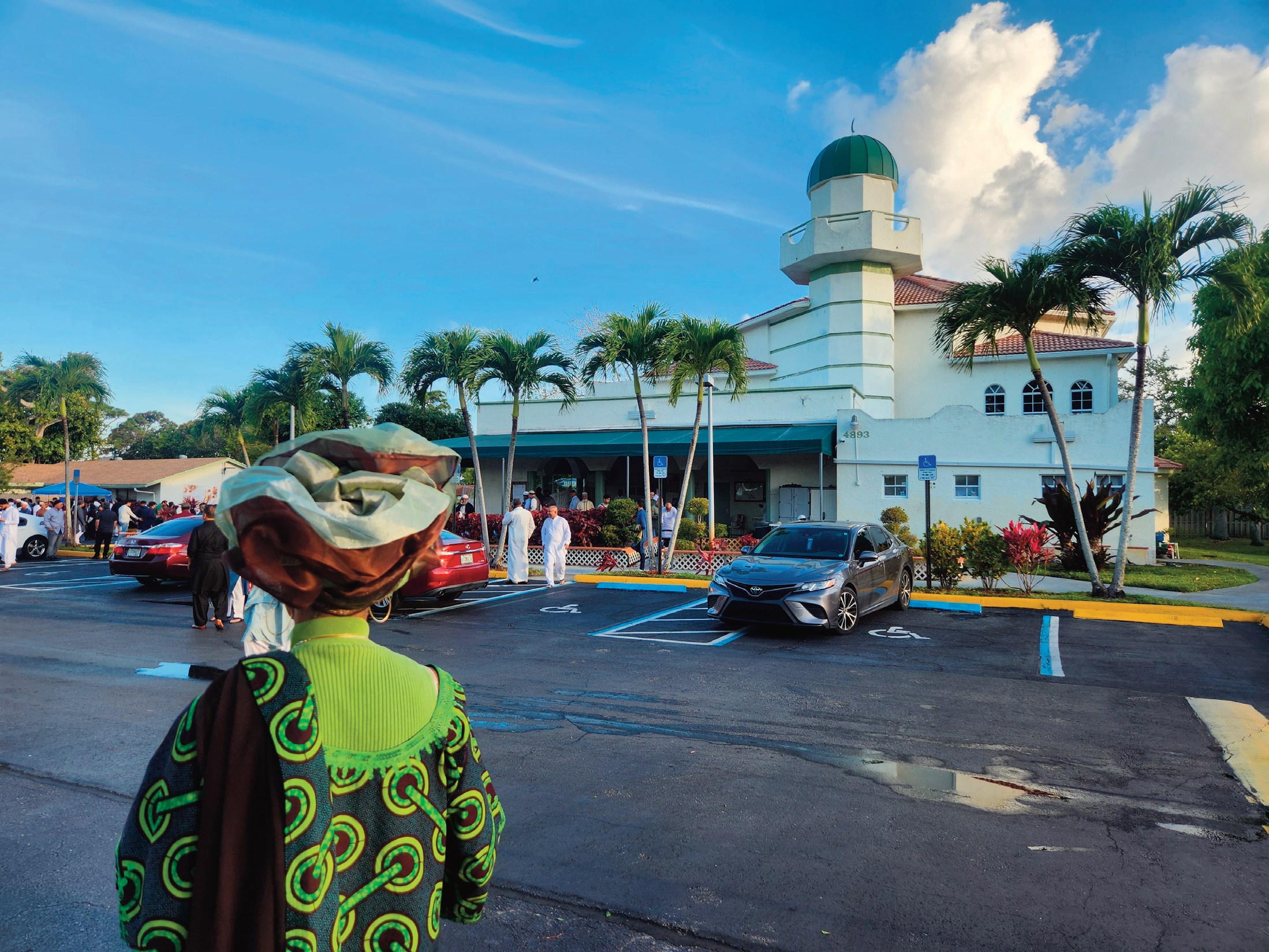



No Comment